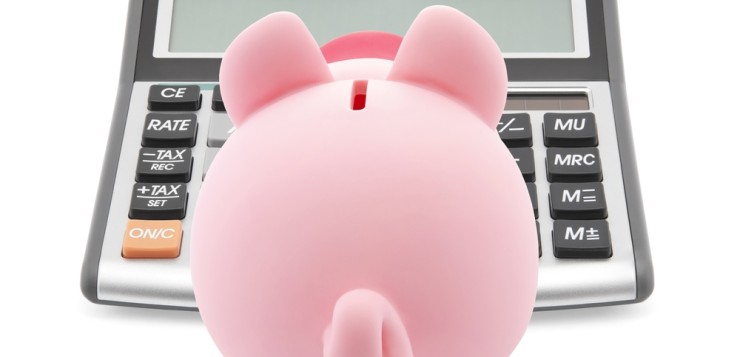When you become a landlord and let out a property, there are lots of responsibilities you must undertake and landlord costs you will incur – some obvious, and others less expected.
With an estimated 30% of UK landlords ‘accidental landlords’ – landlords by circumstance, who may have inherited a property, become landlords as a result of a separation from their partner or found that selling their property wasn’t in their best interests for whatever reason – here is a breakdown of the expected costs you will need to pay as a landlord.
All landlords are required to have an Energy Performance Certificate (EPC) for each property (between £60 and £120) as well as a Gas Safety Certificate (from £75). Other administrative fees include paying for tenancy agreements, registering with a deposit protection scheme, utilities fees and setting up a limited company (optional, but it will help you save on tax bills).
If you use a letting agent to let out your property (they will handle advertising, interviewing and credit checks) for a tenant finder service, that will start at around 10% of the rental price (post an ad on Easyroommate to find tenants for free).
If you choose a full management service, where the agents help manage the property for you (collect rent, pay bills, deal with the tenants on a day-to-day basis), that is likely to cost 15% of the monthly rent, on average.
‘Hidden costs for landlords include everything from agency fees to any appliances in the property (i.e. washing machine, dishwasher, tumble dryer),’ explains Karen Hattersley, a landlord with properties around London.
‘If it’s let as a furnished property with electrical appliances, you have to replace them if they break down. You also have to pay for gas and energy certificates, and maintenance, especially for multiple occupancy houses (which tend to suffer more from blocked drains, etc. since there are more people using them). We’ve found leaky roofs and blocked gutters (anything from £500 upwards to fix) are a particular nuisance.’
The unpredictability of the market can mean that your flat or house is vacant for a period; an empty property without rent coming in can mean a loss of significant funds over time.
Landlords also need to invest in specialist insurance cover for their properties (buildings cover, content insurance, damage caused by tenants, etc), and the landlord is obliged to shell out for the cost of yearly safety checks on gas and electrical appliances. The landlord also needs to make sure the property is fitted with fire alarms and smoke detectors.
Other unforseen costs? Professional cleaning and some redecoration is usually required between tenants.
And don’t forget potential legal fees if the tenant needs to be evicted or takes you to court.
You will also be taxed on any profit you make from your property (the costs of maintaining and managing your property are considered expenses and you won’t be taxed on those).
MORE: This handy flatshare glossary will tell you everything you need to know







